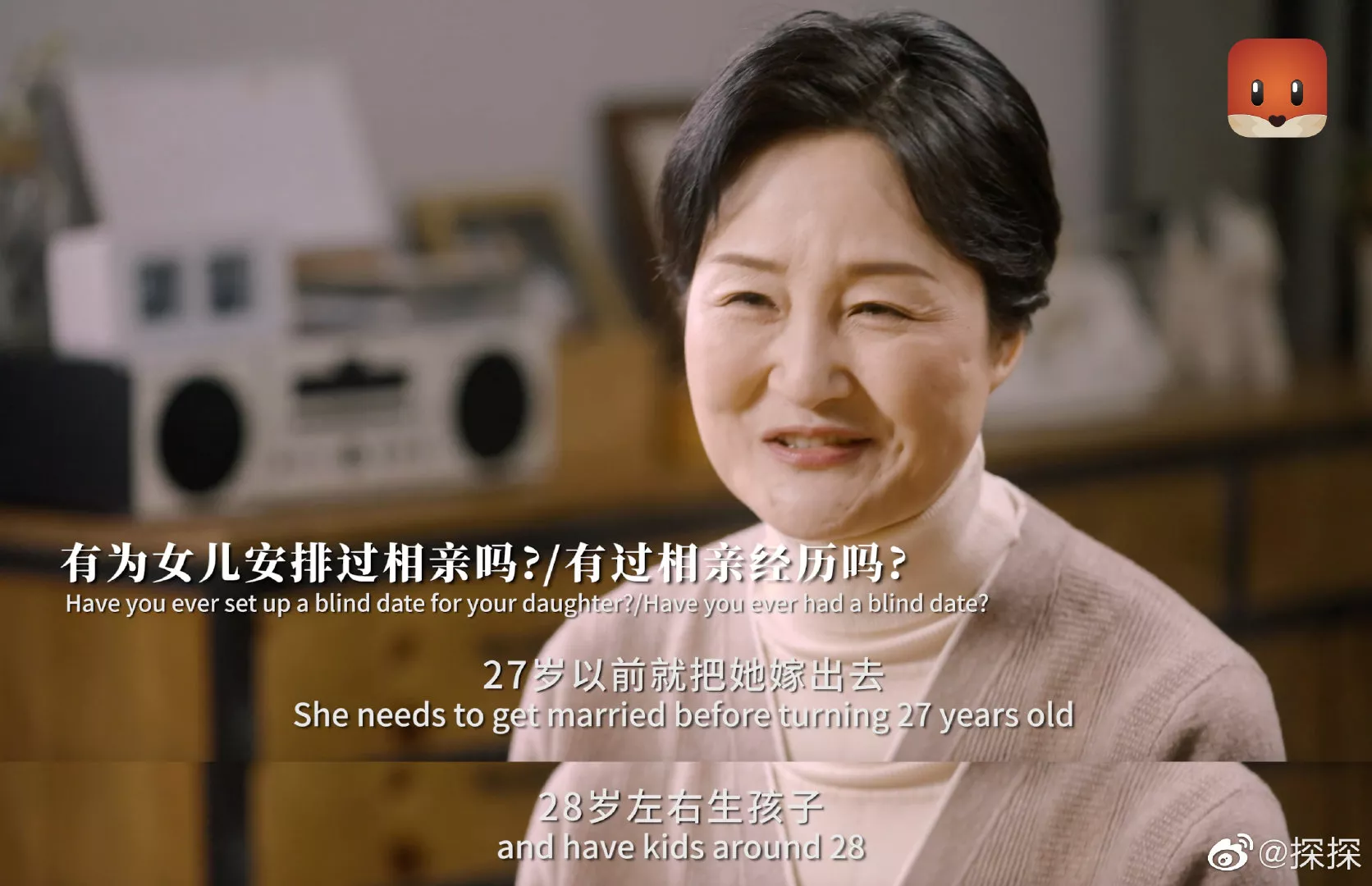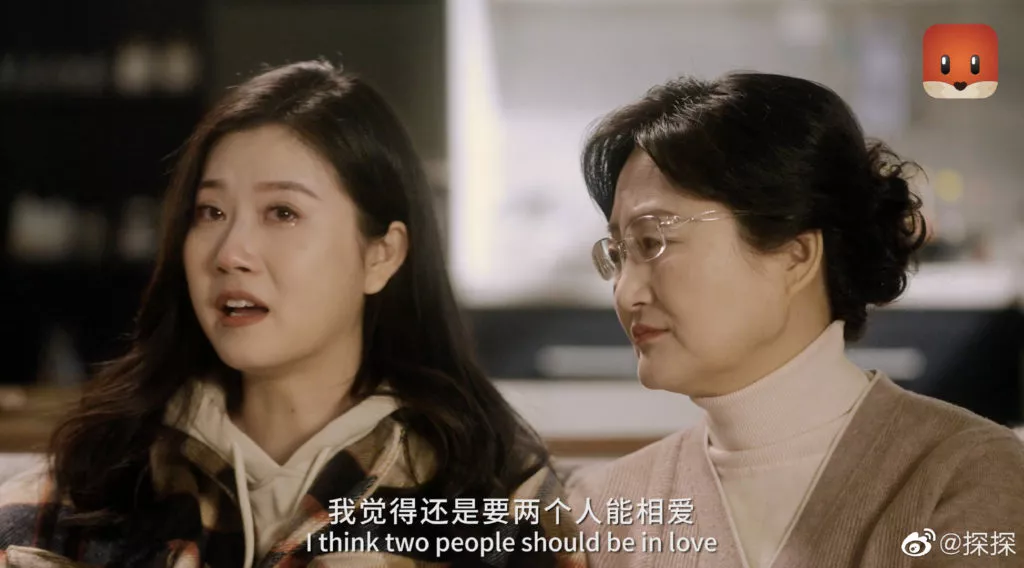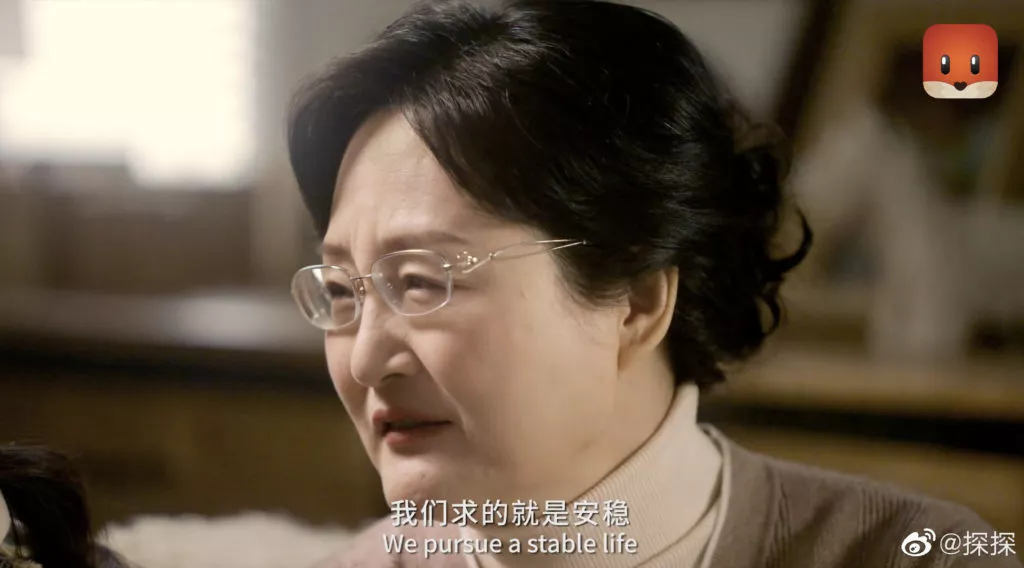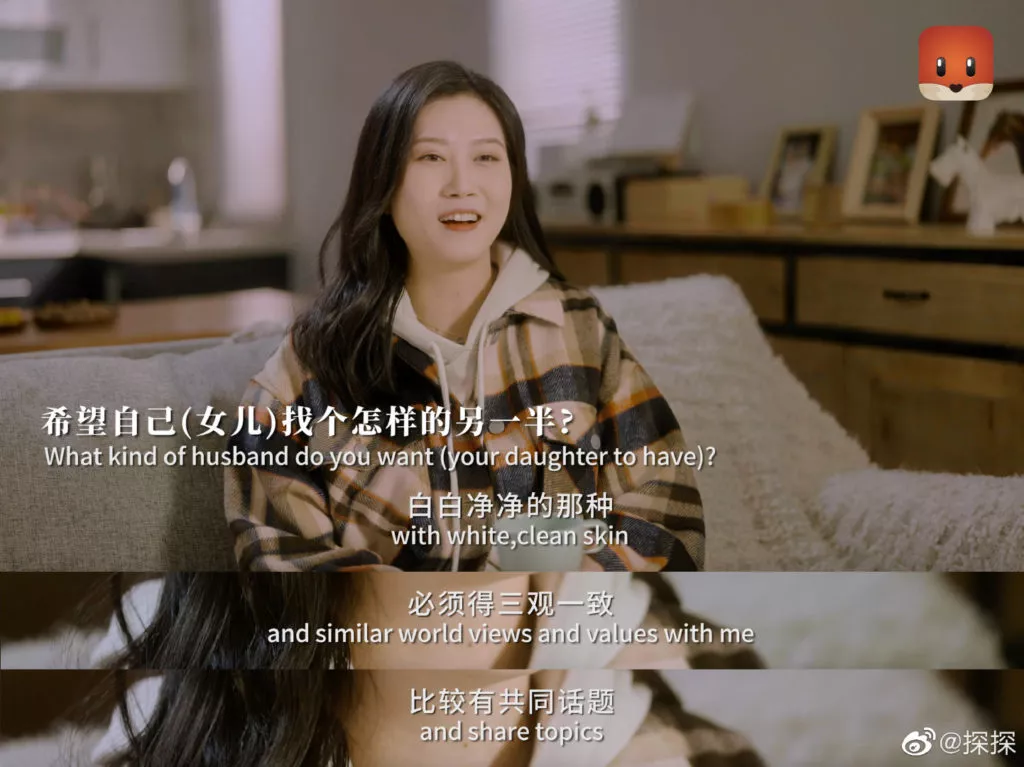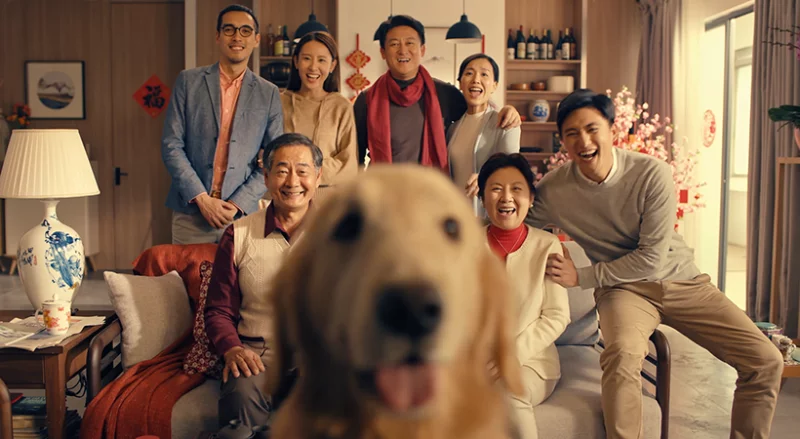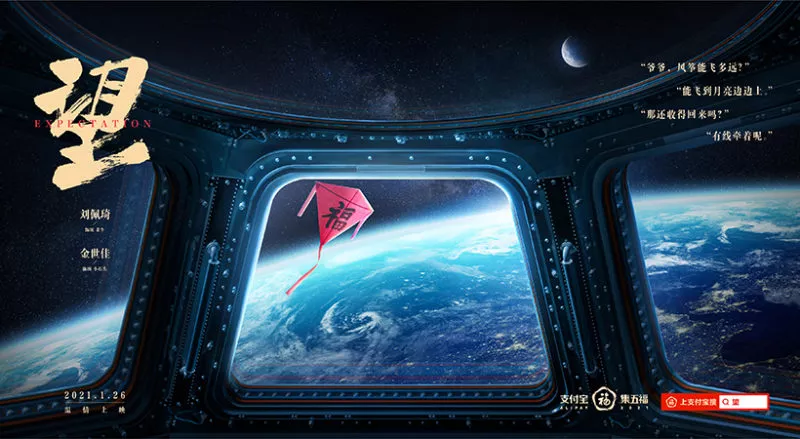Founded in 2014, Tantan is one of China’s most popular dating apps and targets young people aged between 20 and 26. Tantan has over 360 million global users with post-90s accounting for 80% of its total userbase.
The app relies on big data to help match singles with others who live nearby and have similar interests. The pairing system is similar to Tinder – if you like someone, you swipe right and if you’re not interested, you slide to the left. Users can only talk to each other if they both show mutual interest by swiping right.
Marriage – a common talking point during CNY
According to China’s Civil Affairs Bureau, the country is home to over 240 million single adults, a figure which is only increasing. In more than forty cities, over half of the total adult population is single and Hainan’s Haikou has the highest single rate in the country at 87.5%.
Marriage is one of the most common conversation topics between relatives and single young people during Chinese New Year. For many young urban migrants, the festival is one of the few times of the year that they return home and see their family. Parents and grandparents cherish the opportunity to enquire why their (grand)child is still single and when they are planning to get married.
While young people are willing to wait to find the ‘right person’, older generations still hold more traditional views that young people should be married and start a family by a certain age. Indeed, leftover women (shengnu 剩女) is commonly used, with negative connotations, to describe single women in their late twenties and beyond.
In general, the older generation still put a large focus on the job, salary, family background and assets (such as property and cars) of their child’s partner
There is also an intergenerational divide about what the ‘perfect partner’ looks like. In general, the older generation still put a large focus on the job, salary, family background and assets (such as property and cars) of their child’s partner. However, the younger generation takes less interest in these aspects and are more focussed on finding ‘true love’, which they accept may take longer. In addition, a growing number of young people are no longer interested in getting married or having children at all, which many parents are unwilling to accept.
These contrasting approaches to marriage and family often dominate dinner table conversations during Chinese New Year. For many young Chinese, they cast a dampener over the festival as they dread the inevitable questions that the period will bring.
Tantan explores the topic of ‘marriage pushing’
Tantan conducted an experiment to explore the reasons why Chinese parents put so much pressure on their children to get married
Tantan recently launched its Chinese New Year campaign video ‘All About Love’ which explores the topic of ‘marriage pushing’ 催婚 and the differing attitudes towards love between the two generations.
Tantan conducted an experiment to explore the reasons why Chinese parents put so much pressure on their children to get married. Two parents are given access to their daughter’s Tantan account in order to help pick a suitable partner for her. She is simultaneously using the same account to try and guess which men her parents would swipe right to. Tantan records the process and edits it into a short video which they invite the three family members to watch.
The reasons why her parents select or reject potential partners are completely different from their daughter’s preconceptions. After a deep discussion, the parents come to the conclusion that, although they have different attitudes towards love from their daughter, she should find the right partner by herself and they agree to interfere less in her love life.
The short film hoped to inspire more young people to discuss the issues that they disagree with their parents about, such as ‘pushing marriage’ and relationships, during the Chinese New Year period.
The video resonated with many netizens who commented that it mirrored their own experience with their parents
The video gained 8.5 million views on Weibo. The related hashtag ‘#despite not returning home to celebrate Chinese New Year, I’m still being pushed to get married’ reached 170 million views as many netizens complained that COVID-19 travel restrictions preventing them from travelling to their hometowns for the festival had not stopped their parents from asking about their relationship status. The video resonated with many netizens who commented that it mirrored their own experience with their parents. They commented that talking about marriage with their parents during Chinese New Year had long been a nightmare for them.
Tantan hits a nerve with young Chinese
Tantan cleverly appealed to a theme close to young people’s hearts during Chinese New Year as many dread going home and being met with relatives inquiring after their personal lives. The dating app’s campaign highlighted the conflict in Chinese society between traditional attitudes towards family and love, and how this is changing in modern China, especially among the younger generation.
Read more:




